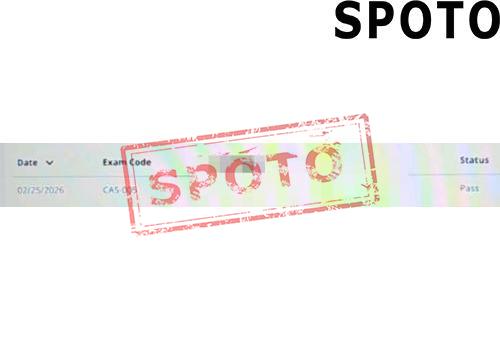
Table of Contents
This article explores the role of a Data Scientist, including key responsibilities, career information such as salary, and the qualifications needed to enter the field.
1. What is the meaning of Data Scientist?
Data scientists are professionals who leverage skills such as statistics, machine learning, and programming to extract valuable insights from structured or unstructured data and translate them into actionable business decisions. Their core goal is to solve complex business problems through data, driving data-driven growth for the enterprise. They play a key role in connecting data with business value.
The work of a data scientist revolves around "discovering patterns, predicting trends, and solving problems in data." This requires not only cleaning and processing massive amounts of data but also uncovering the underlying logic through methods like statistical modeling and machine learning. Ultimately, the analysis results are translated into concrete business action recommendations, rather than simply producing technical reports.
2. What is the Salary of a Data Scientist?
Data scientist salaries vary depending on factors such as region, experience, industry, and company size. For a new data scientist with less than one year of experience, the average annual salary is approximately $88,108. With increasing years of work and experience, the average total compensation for a data scientist will gradually rise to $100,065.
Data scientist salaries also vary by region. According to data, the average starting salary for a master's degree data scientist at a Silicon Valley tech company is $158,000, while the average starting salary for the class of 2026 at a San Francisco Bay Area tech company is $147,000. Those specializing in autonomous driving can earn over $180,000 annually.
Data scientist salaries also vary significantly across different industries. For example, in high-tech and cutting-edge industries like technology and finance, the average starting salary for data scientists is $158,000. Data scientists in traditional manufacturing industries earn slightly less in comparison. In addition, the salary of a data scientist will also vary depending on the level of the position within the company. The salary of a digital science director will inevitably be much higher than that of a digital scientist.
3. Key Responsibilities of a Data Scientist
The primary responsibility of a data scientist is to extract actionable insights from data to solve business problems and drive decision-making. These responsibilities span the entire data lifecycle, from problem definition to solution deployment. Data scientists define and structure business problems, collaborate with stakeholders, and translate vague business requirements into clear, data-driven questions. They align analytical objectives with business goals to ensure their work delivers tangible value. Data scientists also collect and prepare data, identify relevant data sources, and design strategies for collecting structured and unstructured data. They also clean and preprocess data to ensure quality, addressing missing, outlier, and duplicate values.
Data scientists also use statistical methods and visualization techniques to analyze data, discover patterns, trends, and relationships, calculate descriptive statistics, identify key variables influencing business outcomes, and generate preliminary insights to guide further analysis or model development. Data scientists possess the skills to select and apply appropriate analytical methods for the problem, adjust hyperparameters, and test for overfitting to ensure model robustness. Ultimately, they translate complex analytical results into clear, actionable insights for non-technical stakeholders, present the results in reports that highlight key takeaways through storytelling, and collaborate with team leaders to ensure understanding and adoption of the insights.
4. Required Qualifications to Become a Data Scientist
Becoming a data scientist requires technical skills, academic background, practical experience, and domain knowledge.
(1) Education
A bachelor's degree in statistics, mathematics or applied mathematics, computer science, data science or software engineering, economics, finance or operations research, physics, biology, or other STEM fields is typically required. In today's market, a master's degree in data science, machine learning, or statistics is increasingly sought after by top companies to demonstrate in-depth expertise in advanced modeling and analysis. Even positions involving cutting-edge research or highly specialized areas may require a doctoral degree.
(2) Technical Skills
Data scientists need to have some programming skills and knowledge of statistics and mathematics, including hypothesis testing, probability distributions, regression analysis, analysis of variance, experimental design, linear algebra, and calculus. They also need to be familiar with fundamental algorithms and understand model evaluation metrics. They also have experience with advanced techniques, can clean, transform, and preprocess messy data, and can create clear visualizations to convey insights to non-technical stakeholders.
(3) Practical Experience
Experience in data-related roles provides exposure to real-world workflows, tools, and business environments. Internship experience at many top companies or startups is highly valued, and recruiters prefer candidates with experience working with data or tools in specific fields.
5. Occupations Similar to a Data Scientist
- Data Analyst
- Machine Learning Engineer
- Data Engineer
- Quantitative Analyst










